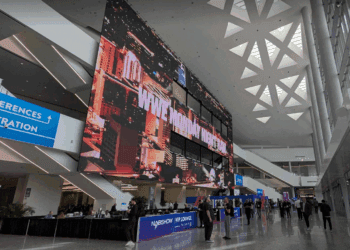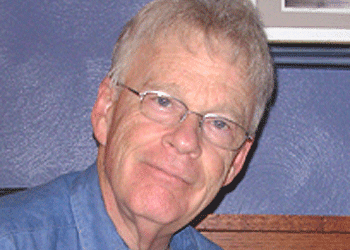By SCOTT FYBUSH
 Rush Limbaugh, the onetime top-40 DJ who redefined talk radio in the 1990s, died Wednesday morning at 70 after suffering from lung cancer for much of the past year.
Rush Limbaugh, the onetime top-40 DJ who redefined talk radio in the 1990s, died Wednesday morning at 70 after suffering from lung cancer for much of the past year.
The Missouri native first broke into radio in the early 1970s, working in Pittsburgh on mornings at WIXZ (1360) and then on the night shift at KQV (1410) as “Jeff Christie” in 1973 and 1974.
An ownership change at KQV at the end of 1974 ended Limbaugh’s top-40 days in Pittsburgh, sending him back home to Missouri and, for a time, out of radio entirely.
By the 1980s, Limbaugh had landed out in Sacramento at KFBK (1530), where he shifted from playing the hits to talk radio, building a following for an irreverent flavor of talk that included comedy bits and callers.
Later in the 1980s, of course, the success of his Sacramento show brought him to New York’s WABC (770) in middays – and from there, you know the rest of the story: Ed McLaughlin’s massively successful syndication operation under the “EIB Network” moniker that put Limbaugh on many of the biggest AM signals in the country.
Was it Limbaugh alone who “saved” AM radio, as some pundits will say? That’s debatable – and so is the question of whether the polarized talk that developed around Limbaugh ended up helping AM in the long run, or whether it forced the medium into a niche that, in the end, diminished the broader reach many of the old-line full service AM stations could have enjoyed.
As Limbaugh’s illness worsened in recent months, he’d been off the air as much as he’d been on. His death at age 70 was announced by his wife at the start of his Wednesday slot.
Premiere Networks, which syndicated the Limbaugh show, hadn’t announced any succession plans for the noon-3 PM time slot, and it’s unlikely there will be any one automatic replacement as rivals jockey for position in Limbaugh’s absence.
While iHeart-owned stations will likely take whatever show Premiere puts in that slot, we’d expect other syndicators to make moves to woo other major station groups such as Cumulus and Entercom as the slot becomes available for the first time in decades on big stations such as WBEN in Buffalo, WPHT in Philadelphia and WTIC in Hartford.
We’ll have much more in Monday’s regular issue of NERW – including some thoughts on the extent to which the talk format’s polarization had actually moved beyond Limbaugh in recent years, making the actual impact of his death somewhat less momentous than it might have been a decade ago.






